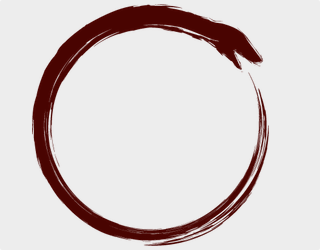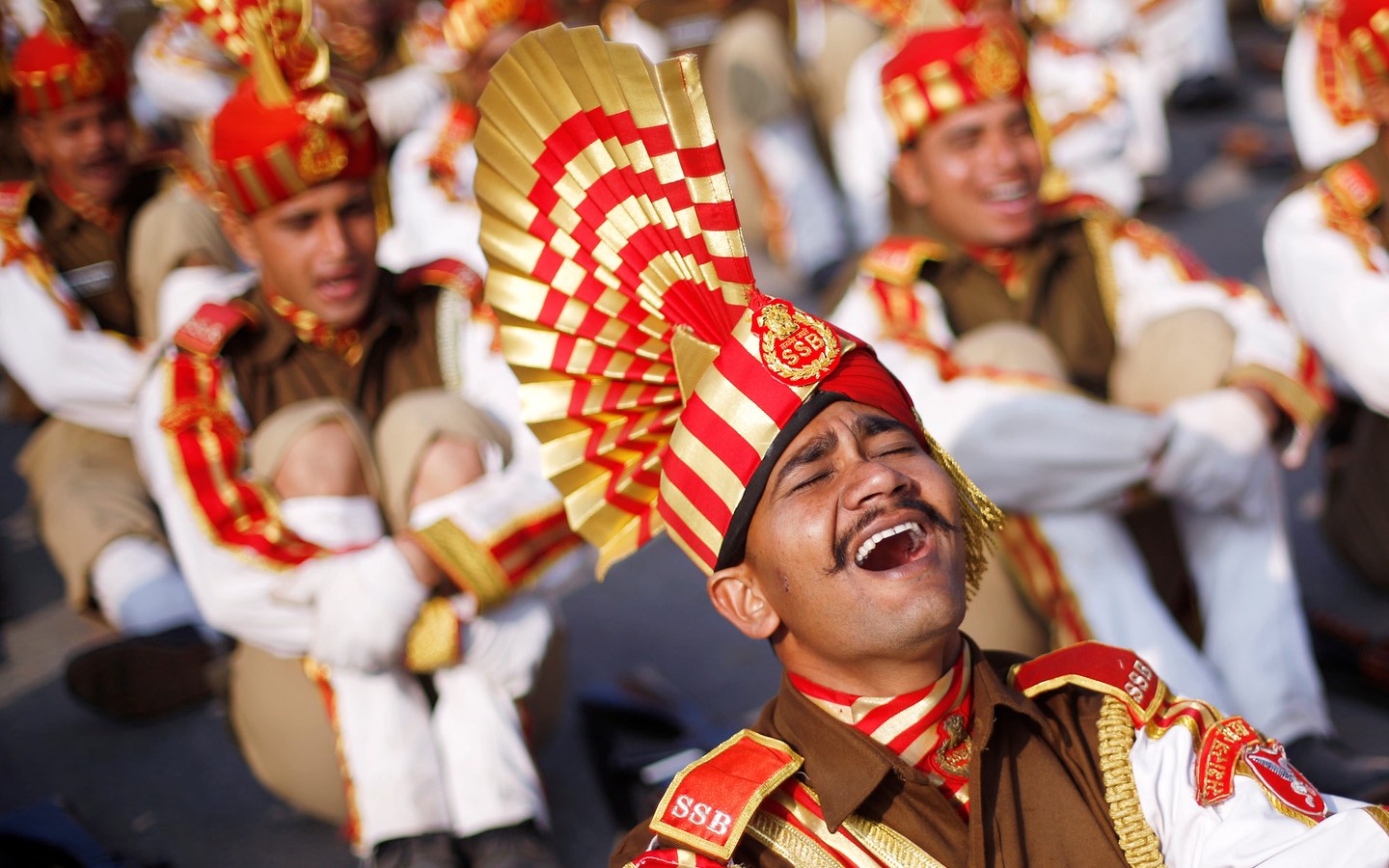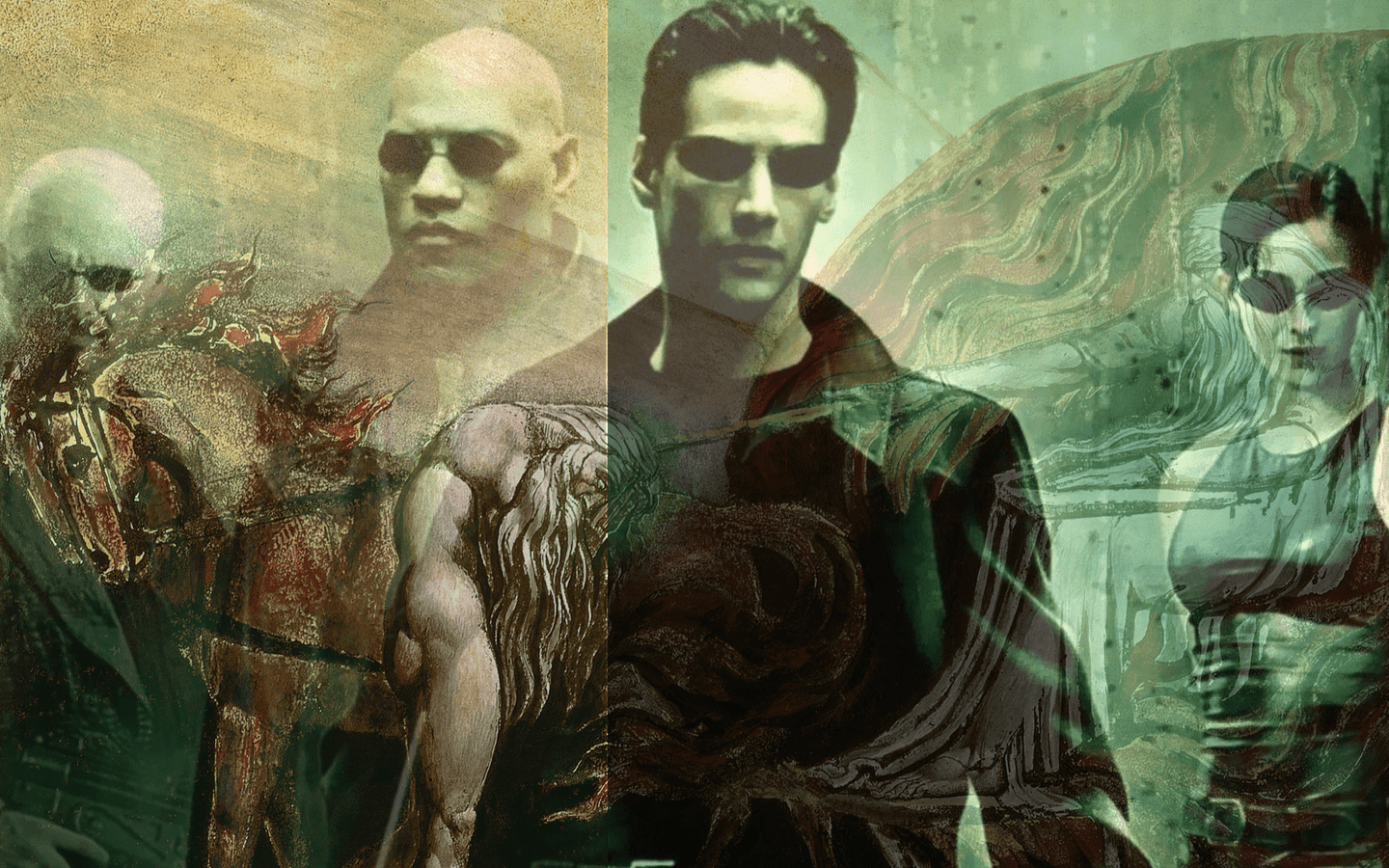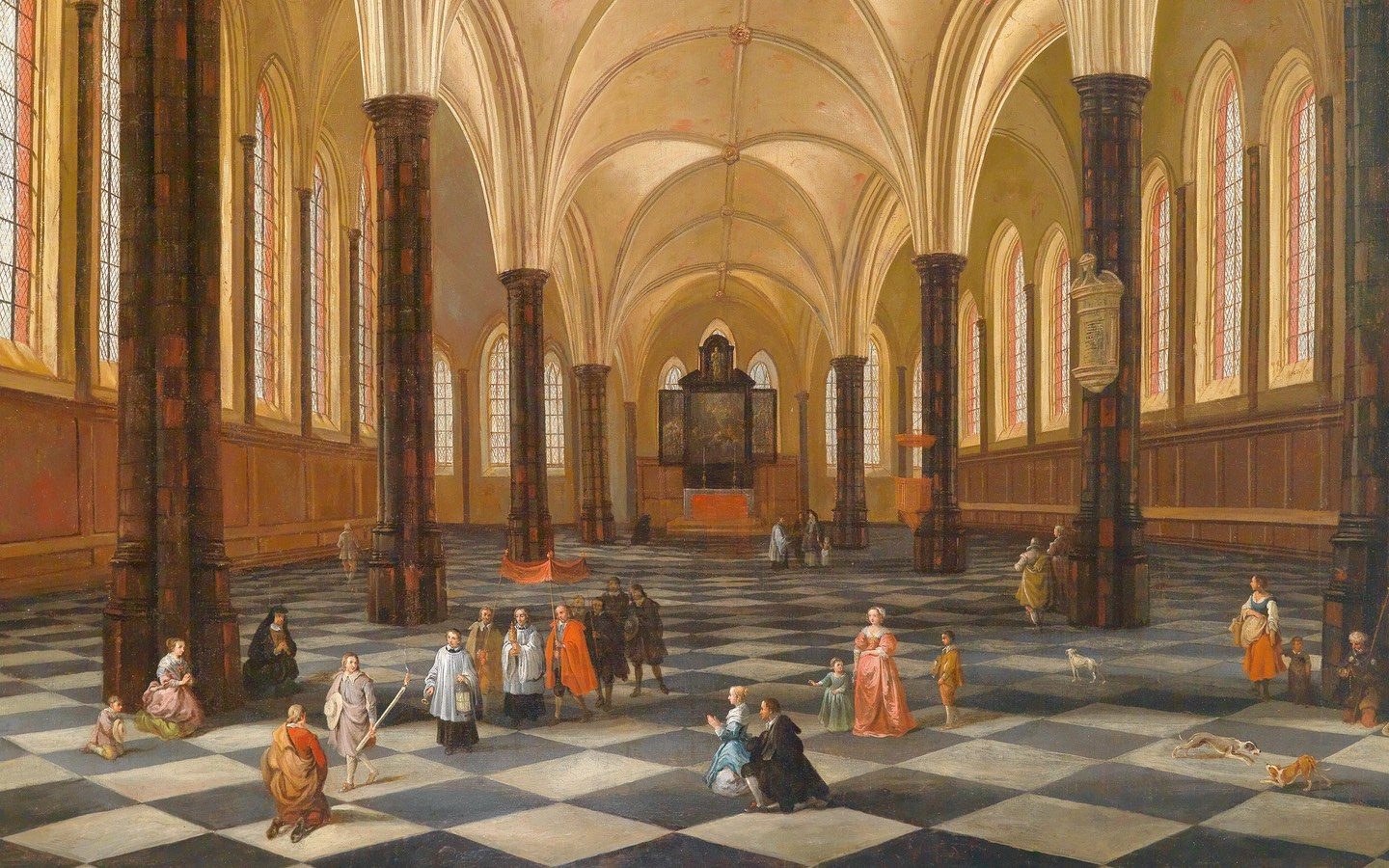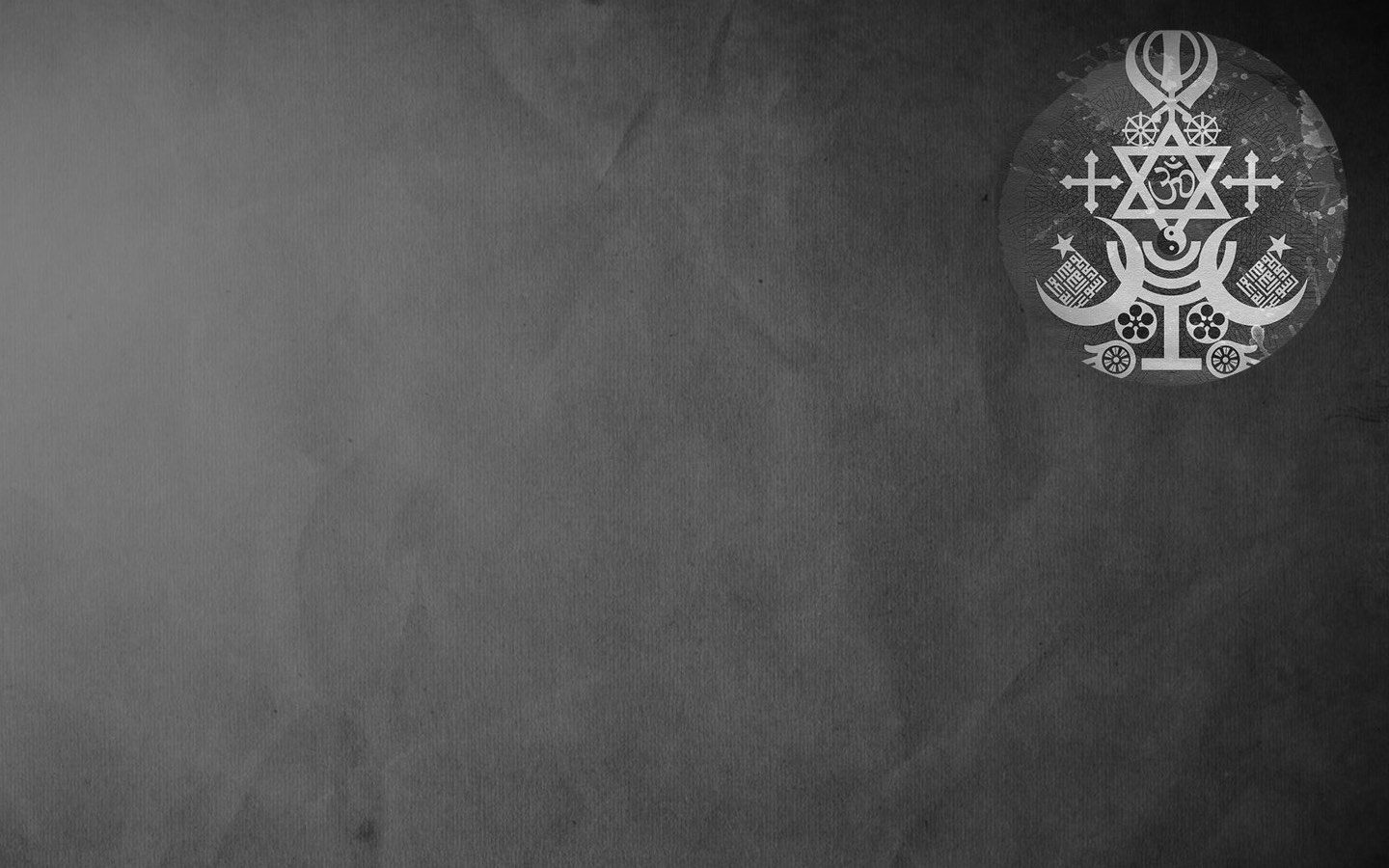Further in History, the descent of the Christ to save the fallen world is a single event. This return is a final regeneration towards the future, thereby opposing the archaic mode of thought with the late Judeo-Christian ontology. This is a transition from a cyclical time to a linear time, then a historical time, which gradually allows modern religions to be realized and justified in history. As for the creation of the world, it became by the same token a phenomenon detached from the individual. The latter is a being endowed with speech, that was able to revoke the immanence that once existed between him and Nature. This delineates Nature as the eternal reservoir for hierophanies and the temporary life of beings, waiting a redeemer figure.
Therein lies the religious dilemna: God is conceived on the one hand as the incarnation of absolute freedom, whereas individuals, on the other hand, cannot save themselves as they depend on the grace of God.
